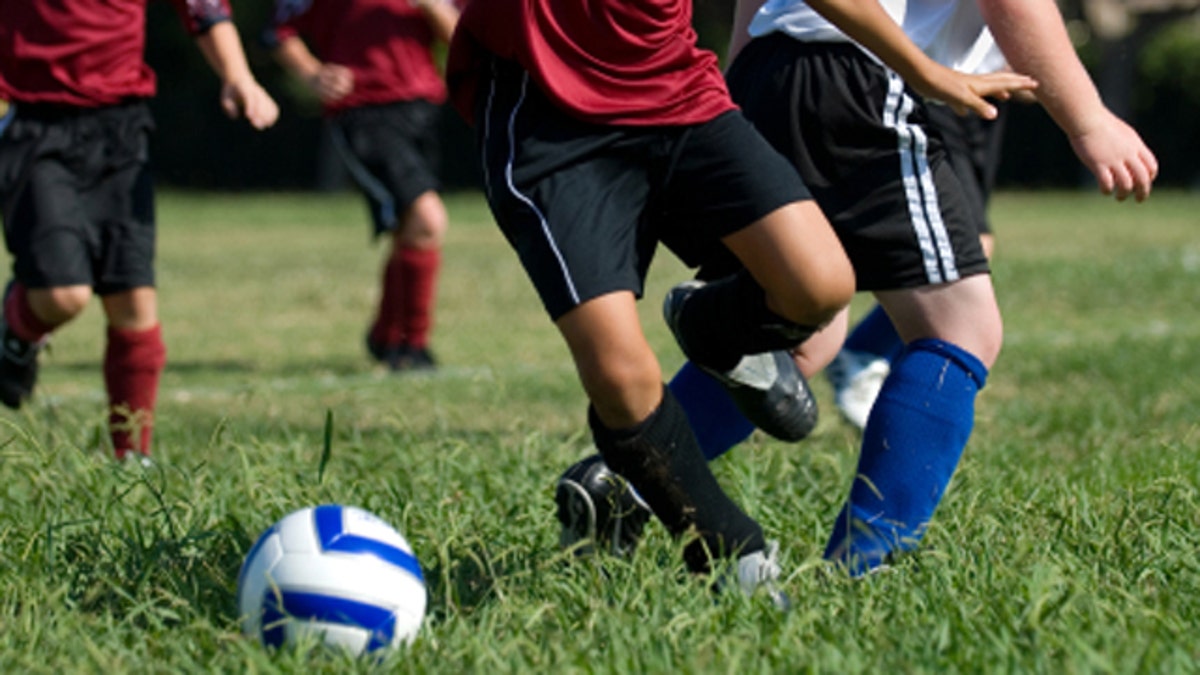
iStock Photo
Young athletes who put off surgery after tearing their anterior cruciate ligament (ACL) may be more likely to sustain a second knee injury, according to a new study.
Researchers found that kids and teenagers who waited at least six weeks for ACL surgery were at higher risk of tearing their meniscus, C-shaped pieces of shock-absorbing cartilage in the knee.
The findings were presented July 10 at the American Orthopaedic Society for Sports Medicine’s annual meeting in Seattle.
The ACL helps hold the bones of the knee together and stabilize the knee during movement. It can tear when athletes quickly change direction, land on their leg incorrectly, stop suddenly or collide with each other.
Historically, doctors have thought it was best to delay surgery for kids with a torn ACL until their bones were more mature to avoid disturbing leg growth, said lead author Dr. Allen F. Anderson, from the Tennessee Orthopaedic Alliance in Nashville.
"But what I've seen over 20 years and what this study demonstrates is that delaying surgery results in recurrent instability, meniscal damage and damage to the lining of the bone or degenerative changes that end up causing young people to have arthritis at a much earlier age,” he told Reuters Health.
“This study confirms studies from the last couple of years that the trend probably needs to be toward earlier surgery for athletes,” Dr. David Geier said. A Charleston, South Carolina-based orthopedic surgeon and sports medicine specialist, he wasn't involved in the new study.
Anderson and his colleagues reviewed the records of 135 athletes with an average age of 14 years who had an ACL reconstruction. They divided the athletes into three groups based on the timing of their surgery: 62 children were treated less than six weeks after the injury, 37 were treated six to 12 weeks after the injury and 36 were treated more than 12 weeks after the injury.
Compared to children who had surgery within six weeks, those who had surgery six to 12 weeks after their ACL injury were 45 percent more likely to have a lateral meniscus injury - on the outside of the knee - and those waiting more than 12 weeks were almost three times more likely.
Children who waited at least six weeks for surgery were about four times more likely to have a medial meniscus tear - on the inside of the knee - than those who had prompt treatment, Anderson said.
Younger kids and those who started playing sports again before having surgery were also at higher risk of a second knee injury.
These data, the researchers conclude, provide evidence that initially treating ACL tears without surgery “carries a high risk” of additional injury for children, “which may result in long-term knee impairment.”
“The problem with a torn ACL, especially in an active young person that plays sports, is that the knee is not stable and may give out,” Geier told Reuters Health. That runs the risk of additional damage to the knee cartilage, he added.
“While parents and other caregivers have obvious reasons for concern over ACL surgery in young patients, it’s important to recognize when it may be beneficial,” Anderson said in a statement. “If surgery now helps eliminate long-term knee problems, it’s certainly a good choice.”
Geier said there are now techniques to minimize the risk of disturbing the growth plate during ACL surgery. “I think the advantages of earlier surgery outweigh the risks,” he said.








































